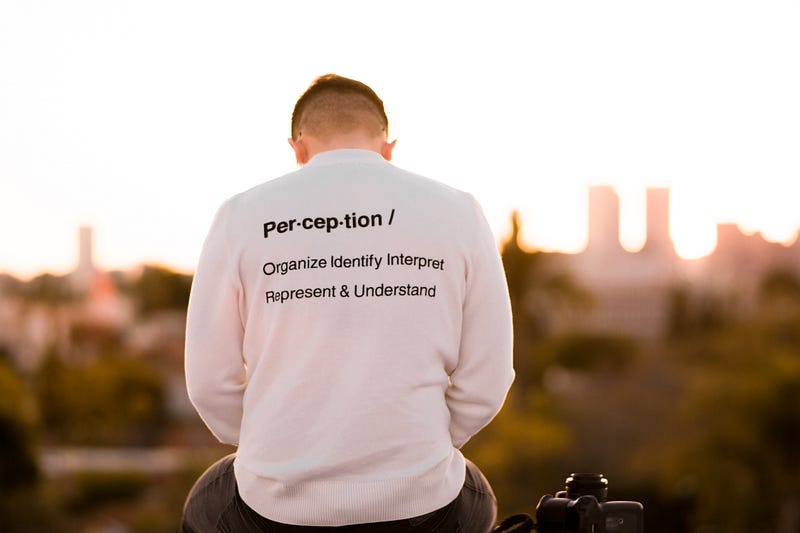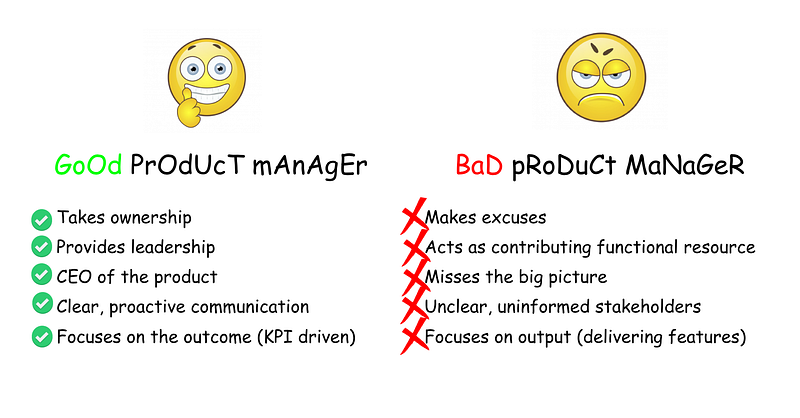Time to gear up? Photo by Pietro De Grandi on Unsplash
Remember that prediction that was thrown around in pre-COVID times – something along the lines of “there’s gonna be more freelancers than employees at some point in the future”?
To be honest, I also had to pull it up again — this was actually a study by Randstad US, published in 2016 (!):
Randstad US study projects massive shift to agile employment and staffing model in the next decade
“Our first-of-its-kind study serves as a wake-up call for business and HR leaders to quickly embrace and prepare for…www.prnewswire.com
Fast-forward to today — Venture L co-founder, co-author of The Human Cloud and Forbes contributor Matthew Mottolarecently published a piece compellingly titled:
“The Shift From Employee-to-Freelancer Is 10 Years Ahead of Schedule (and that’s a good thing)”
What a title — I want it!
Find the entire thing here:
The Shift From Employee-to-Freelancer Is 10 Years Ahead of Schedule (and that’s a good thing)
Leaders, This was an insane week. Quick Stats 1: 700,000 white-collar workers (in the professional and business…humancloud.substack.com
I’m not going to just repeat Matt’s words verbatim, because a) that would be kinda useless and b) — credit where credit is due, it’s a great quick read, so jump on over if that broader topic interests you.
What’s the jist, though?
- A ton of people are quitting their jobs. Dubbed The Great Resignation, lots of (especially white-collar) professionals are leaving their current positions, especially over disagreements about returning to the office.
- You can already see it in the snippet, but this is too good to not just repeat: Domino’s is offering a $500 signing bonus. If that’s not an indicator of how many power shifts are going on, we wouldn’t be able to tell.
- Amidst talent shortage, wage escalation and misalignment with personal aspirations, the equation of freelancing is increasingly making sense for a certain character of professionals, especially in specialized areas — so that Randstad prediction might just clock in a tad faster than originally anticipated.
So what? COVID has driven us to only be able to work in sweatpants anymore?

We’ve all had a…let’s diplomatically say, highly transformative year-and-a-half.
People have noticed that:
- quite a number of us are actually less productive in a corporate office, especially open-plan offices, than at home or at a remote location.
- being able to make work hours flexible may detriment work-life balance in the worst case, but especially affords family people the ability to transition between work and family time more seamlessly.
- as somewhat of an introspective time, more people than on average have probably also contemplated how well (or not) their current jobs align with their mid-to long-term plans & aspirations.
The main trade-off that freelancers make to solve the above aspects in their favor has always been job security — technically, yes, it’s safer to have an employment contract that provides a certain guarantee for money to be paid & services to be provided. Given that a lot of people were laid off during COVID — also many employees — this security seems to have lost a bit of its lore.

Also, freelancing used to convey a slightly different perception in some locales & industries — as “temps”, or people who “can’t get proper jobs”. Senior professionals are flipping that script by exploiting their market advantage and expressly not wanting to be hired permanently (even for a lot of money), changing that aforementioned perception.

Cool, but how does that relate to Product Management?
So — let’s check in: product management is one of those jobs that companies rather want you to do employed, full-time and on-site.
Product management is also a profession that requires a lot of ownership — which can be very stressful, and feel like it’s not worth it if you’re at odds with the team, the company or the product itself. Hence, the average tenure for product managers is estimated to be around 18 months.
Product management tends to be a profession that isn’t dominated by extremely young professionals; a good portion of us are over 30 years of age, and thus the likelihood of having a family in the mix is substantial.

I like to break down product management work phases into 2 types — with others-work (communication & interaction), and alone-work (focus & thinking).
- The latter is obviously done better on your own, wherever you do it best.
- The former isn’t easy to transition into a remote/flexible setting, but that’s rather owed to adapting to new tools, formats & workflows than in-person meetings, presentations and workshops being the eternal pinnacle of work & collaboration.

In product management, the war for talent is serious — especially when it comes to getting great product managers over average product managers.
I’m not going to bore you with these corny “good PM/bad PM” lists & visuals (those are complete BS anyway; see below) — the only important detail is that your hiring/staffing decision as a company may make or break your product. Choose wrong, and you might be left with lots of wasted engineering time, useless features, and no real idea of what’s really going on.

Your hiring/staffing decision as a company may make or break your product.
Over in the other war (for business), given that speed is an ever-increasing leverage factor, I’m not sure how long some organizations will be able to sustain the “3-month-onboarding” thing that Marty Cagan used to write about. Onboarding will need to become faster and more frictionless to establish/maintain a competitive edge.
So, what’s the prediction here?
tbh, imo:
Freelancing in product management is going to become more common sooner than expected.
Companies will start prioritizing speed over cost-efficiency/longevity in regards to staffing decisions.
More (specialized) small & boutique product management consultancies like Product People are going to be popping up.
Going remotely, product managers’ success will strongly rest on their aptitude with tools like Miro, Mural, Notion, Slack, Confluence and so on.
As the product management function will further mature, companies will feel (and be) more in control of determining talent fit as well as establishing plug-and-play processes (i.e. to easily scale talent up and down, over letting information silos build up).
So, how about it?
Have you quit your job recently because you didn’t want to go back to the office? Are you thinking about freelancing? Do you think we’re way off? We’d love to hear from you, please leave us a comment below!👇
Interested in more stories around freelancing in Product Management? We publish regularly to our Freelance Product Manager publication & would appreciate a follow! 👆
And as always,
Thanks so much for reading!
We acknowledge that with the 6 minutes, you could’ve literally done anything else, and we’re very honored that you decided to dedicate them to our piece! ❤️


